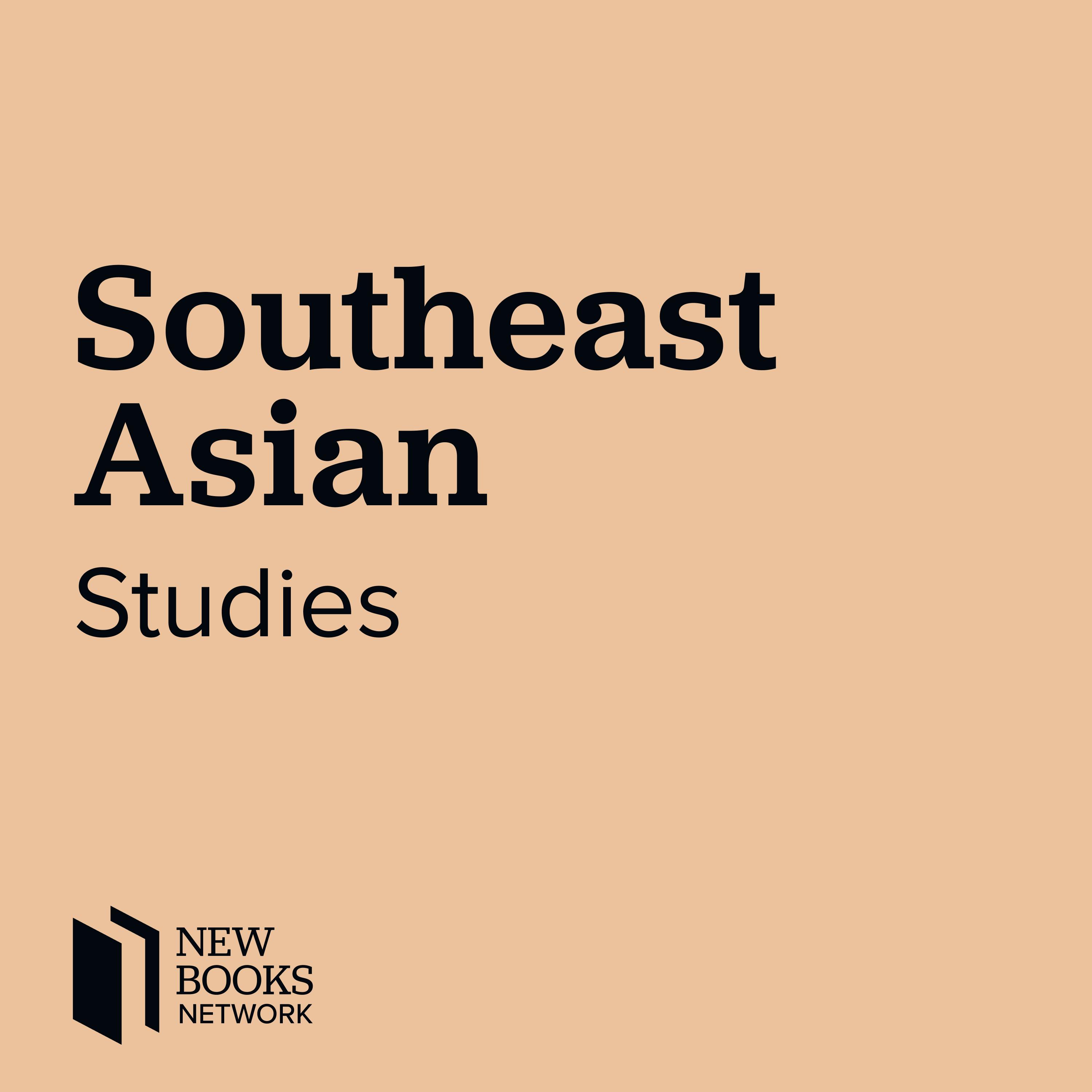Andrea Benvenuti, "Nehru's Bandung: Non-Alignment and Regional Order in Indian Cold War Strategy" (Oxford UP, 2024)
Description
In 1955, the leaders of 29 Asian and African countries flock to the small city of Bandung, Indonesia, for the first-ever Afro-Asian conference. India and its prime minister Jawaharlal Nehru played a key role in organizing the conference, and Bandung is now seen as a part of Nehru’s push to create a non-Western foreign policy that aligned with neither the U.S. nor the Soviet Union.
But as Andrea Benvenuti’s Nehru’s Bandung: Non-Alignment and Regional Order in Indian Cold War Strategy (Oxford UP, 2024) points out, Nehru wasn’t actually keen on the idea at all. Nor was Nehru keen on a second summit, feeling that the summit merely highlighted divisions rather than forge consensus. And wrapped up in this whole discussion is Nehru’s attempt to bring China into the fold, perhaps best exemplified by Zhou Enlai, the only leader to emerge as a bigger star from Bandung than Nehru.
Andrea Benvenuti is Associate Professor in Politics and International Relations at the University of New South Wales, teaching twentieth-century international history at the undergraduate and postgraduate levels.
You can find more reviews, excerpts, interviews, and essays at The Asian Review of Books, including its review of Nehru’s Bandung. Follow on Twitter at @BookReviewsAsia.
Nicholas Gordon is an editor for a global magazine, and a reviewer for the Asian Review of Books. He can be found on Twitter at @nickrigordon.
Support our show by becoming a premium member! https://newbooksnetwork.supportingcast.fm/southeast-asian-studies
More Episodes
Today’s episode focuses on a major issue of enduring importance in Southeast Asia and in Southeast Asian Studies: authoritarianism. Even today, various forms of dictatorship remain alive and well across Southeast Asia, raising questions about their origins, their endurance, and the prospects for...
Published 11/05/24
Why has Thailand’s politics been so contested and so intensely polarized in recent decades? How can we account for the persistent democratic regression of the past twenty years, despite the fact that the parallel vigour of progressive oppositional politics remains a source of hope for many?
In...
Published 10/28/24
A funny thing happened to historian Michael Vann* on the way to his PhD thesis. While he was doing his research on French colonialism and the urbanist project in Hanoi, he came across an intriguing dossier: “Destruction of animals in the city”. The documents he found started him on a research...
Published 10/23/24


